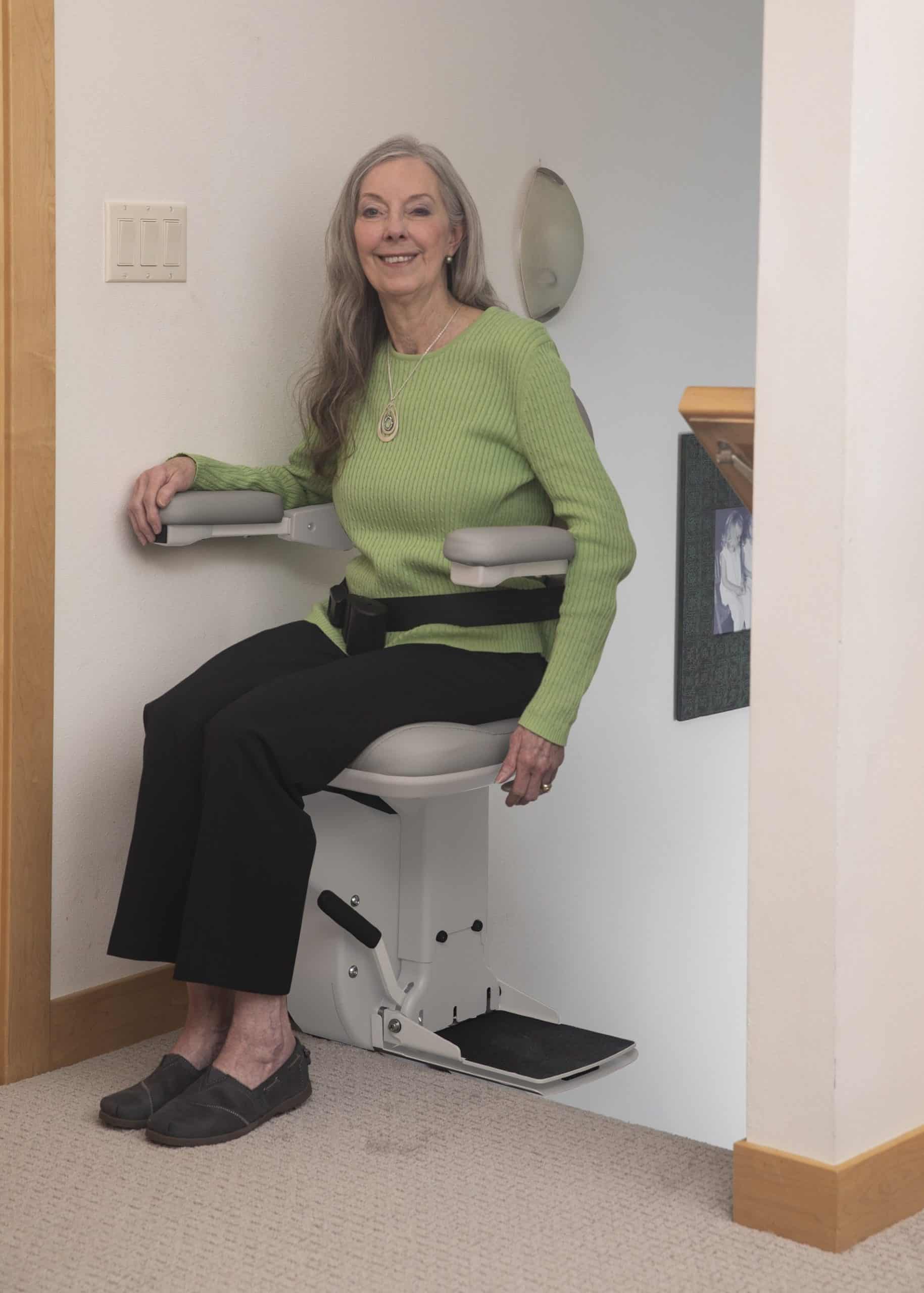During November, strive to have an attitude of gratitude- there are psychological, physical, and even social benefits, according to experts. Plus, embrace accessibility and improve quality of life with some mobility aids to be grateful for. They enhance safety, comfort, and ease around the home- or wherever you go.
How will you observe National Gratitude Month in November? The definition of gratitude is ‘the quality of being thankful, and a readiness to show appreciation for and to return kindness.’ With this in mind, you can see where there will be positive psychological perks to adopting an attitude of gratitude; did you know there are physical and social benefits, too? Make this a time to be thankful, consider implementing mobility equipment; this is the perfect time to take full advantage of all the accessibility that mobility aids can offer!
Benefits of Gratitude
According to industry researchers, the benefits of gratitude extend far beyond common courtesy and etiquette. In fact, studies have shown that being thankful benefits individuals in three ways- psychological, physical, and social. The question is, how?
- Thankful people are more active and inclined to take better care of their health.
- Grateful people have stronger immune systems to fight off colds, illness, etc.
- Being grateful lowers blood pressure.
- Grateful people sleep better and for a longer time.
- Grateful individuals seem less focused on or distressed by everyday pains or issues.
- Thankful people are more positive and optimistic about the future.
- These grateful people experience more pleasure in everyday experiences.
- Thankful people are more alert.
- Grateful people are less lonely.
- Thankful folks are more forgiving of others- and themselves.
- Grateful people have more friends and social interactions.
- Thankful people are more compassionate and empathetic.
These may seem like broad statements that may not hold water, but it is true: to be grateful opens you up to a wider range of emotion, expression, and understanding of others. The perks are undeniable- being grateful is great health prevention!
Attitude of Gratitude
So, how do you practice gratitude? It may seem difficult to adjust to practicing gratitude at work and home and may seem inauthentic to others. The fact is, the more you reinforce and practice being grateful, the easier and more natural it will become. The change in your internal self-talk is amazing- and can improve everyday life dramatically.
Some interesting ways to adopt and embrace gratitude include these tidbits:
- Send thank you notes to others; let them know you are grateful for them, too.
- Don’t let a feeling of being underappreciated lead to employee burnout. It is estimated that over half of employees surveyed reported that they would stay at their current or former job if they felt appreciated by managers or supervisors.
- Stay in the present; enjoy the moment. Try not to focus or stress on the past- or the future.
- Be of service to others. This is a wonderful way to see the ripple effects of gratitude as your good deeds impact others in a positive way.
- Gratitude can help alleviate aggressive or angry tendencies. It can keep you calmer in the face of stress or negativity.
- Take a few minutes out every day to jot thoughts and notes in a gratitude journal. This is said to improve long term health by a whopping 10%!
Being grateful requires some practice. Work on mindfulness techniques to learn how to harness your thoughts and focus on gratitude daily.
Mobility Aids to be Grateful for
Enhance your access with simple, yet life-changing mobility aids. Some mobility aids to be grateful for include:
- Stairlifts can restore access to all areas of your home or living environment. From porch, pool, and outdoor lifts to customized stairlifts for unique interiors, a lift can bring freedom- which is something to be grateful for!
- Walkers go a long way toward reducing the risk of a nasty fall. Did you know that seniors are three times more likely to fall? Did you also know that someone dies from injuries sustained in a fall every 19 minutes.
- Chairs can provide the support needed for people living alone to complete activities of daily living (ADLs), like dressing and bathing. Shower seats can prevent nasty falls in the shower or on a slippery tub, while a wheelchair can help those with mobility issues get from one room to the next. Walkers with seats are also a great option for anyone with respiratory conditions that limit exertion.
- Grab Bars are a simple concept that is so effective at providing stability and support to anyone with physical limitations or mobility issues. Worried about losing balance? Grab bars can help. Install them anywhere that a little extra support would be helpful, like near steps, toilets, and sinks.
Ready to adopt an attitude of gratitude? The improved accessibility of mobility aids can help!
Talk to the team of mobility professionals at Pacific Mobility; they have the devices and equipment you need to improve accessibility and safety around your environment. Take time out to be thankful during National Gratitude Month in November- the benefits of being grateful are prudent steps toward enhanced health and holistic wellbeing.
President, Husband, Father, Grandfather Graduate of UC Davis- Bio Sci Major- Go Aggies! Jeff has extensive experience in all of Pacific Mobility’s products and services, and specializes in accessibility products as well as stairlifts, ceiling lifts and custom wheel chairs. His hobbies include spending time with family, gardening, mountain biking, exercising and off road motorcycle riding.
24 years as Owner/President of Pacific Mobility Center – selling, installing, and servicing stairlifts, porch lifts, ceiling lifts, pool lifts, handicap ramping, specialty wheelchairs, scooters, power wheel chairs, and other power mobility devices
Certified Environmental Access Consultant since 2008
Licensed General Contractor since 1998
Certified Aging in Place Specialist since 2016
Board Member for Home Access Professionals
Member of Association of Members of the Accessibility Equipment Industry (AEMA)




